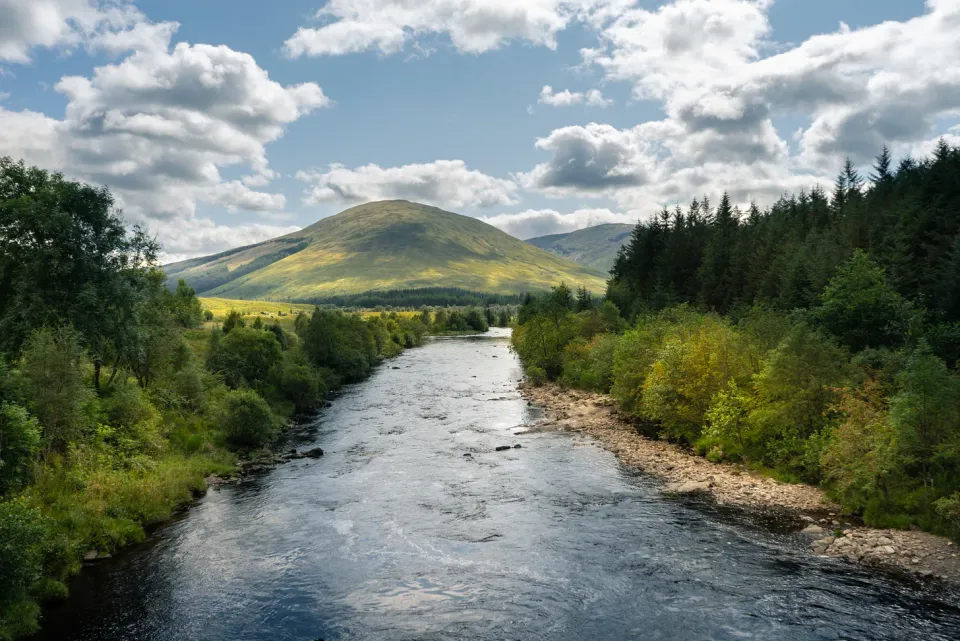Freeing ourselves from the career ladder

The worst career advice I ever got came from my college adviser.
“Don’t go into journalism,” he told me. “There aren’t any jobs. Go to law school instead.”
Luckily, I didn’t listen to him, and I’ve been working in journalism for the past 15 years. Neither of us could have predicted the path my career would take, working in roles and at companies that didn’t even exist then.
I believe he was giving me the best advice he could, seeing how newsrooms were shedding jobs at an alarming rate. But he did not realize that there were other opportunities than moving up the traditional newsroom hierarchy.
This is the problem with viewing our careers as ladders to the top. It binds us to a linear approach that no longer reflects the realities of today’s working world. And it closes us off from exploring many fulfilling routes we could take instead.
Recently, author Brad Stulberg wrote in the New York Times about the concept of allostasis — that stability through change is the best model for moving forward, and in the process you wind up somewhere new.
“Adopting an allostatic outlook acknowledges that the goal of mature adulthood is not to avoid, fight or try to control change, but rather to skillfully engage with it,” he wrote.
“Via this shift, you come to view change and disorder not as something that happens to you but as something that you are working with, an ongoing dance between you and your environment.”
This newsletter will challenge the prevailing narrative that there is only one path to success, and together we’ll discover what it means to approach our working lives not as a ladder to climb, but a river to navigate.
I first came up with the career river concept in a caffeine-fueled conversation the day my kids returned to in-person schooling after the pandemic lockdown. We had all been challenged to think differently about how we worked and what it meant in the world. I posted my thoughts on the career river in a thread that I have since refined into three key components:
- Charting your course. How do you pursue career advancement if you’re not trying to climb to the top? You look at the broader ecosystem you feed through your work and where you want to explore, using your unique skills. While a ladder has only one direction, a river can create a delta of many different paths, which together create a fertile area for growth.
- Finding flow. When you switch companies on a career ladder, you might “lose” a rung. It feels like a step back. A river’s curves and changes in direction are all part of the journey, where what came before informs what flows after. Plus, the ladder approach always struck me as a lonely climb. The only other people are those you are supposed to step on or push off to reach your goals. But others pursuing their own rivers can join yours, making you stronger.
- Navigating obstacles. On the ladder, when faced with a broken rung you risk getting stuck. But when you encounter an obstacle on your career river, you can choose to go around it or carve through it, making it easier for those who follow you to surge onward.
Those I’ve coached in the career river concept brighten immediately when they start thinking about where they want to explore instead of what they’re supposed to climb. You can see the burden of external expectations being lifted from their shoulders. For example, J.P. Swenson and I discussed the career river concept last summer, and a few days ago I reached out to invite him to join this community.
“I still discuss the idea of a 'career river' with my fellow journalists who are on the hunt for jobs," he wrote back, sharing that he had been looking for his next step when he was offered a writing and editing position at Rotary International.
“At first, I had decision paralysis and was unsure of what to do.
"Then, I remembered that there is no perfect fit, and that my career will take me where I need to be. Now, I am about two months into my time with Rotary, and I have absolutely loved it! I have learned so much already, and it's all thanks to keeping an open mind in my career goals."
That’s not to say the career river approach is easy. Facing career shifts can be gut-wrenchingly difficult. And that’s why this community is so important, so we can support each other through the ebbs and flows.
To start the conversation, please take a moment to share your responses to these questions in the comments or by replying to this email:
What does the career river mean to you?
What would be valuable for you as a member of the career river community?
Together, we’ll start each week exploring how to create a fulfilling professional journey. I can’t wait to see where our travels take us.
Happy navigating,
Bridget
🎩 Hat tips this week:
- My wife Alyssa for the original career river conversation, indulging and improving my rant (as always)
- My mom for sharing the “Stop Resisting Change” article
- All of you for your interest in the career river!
Member discussion